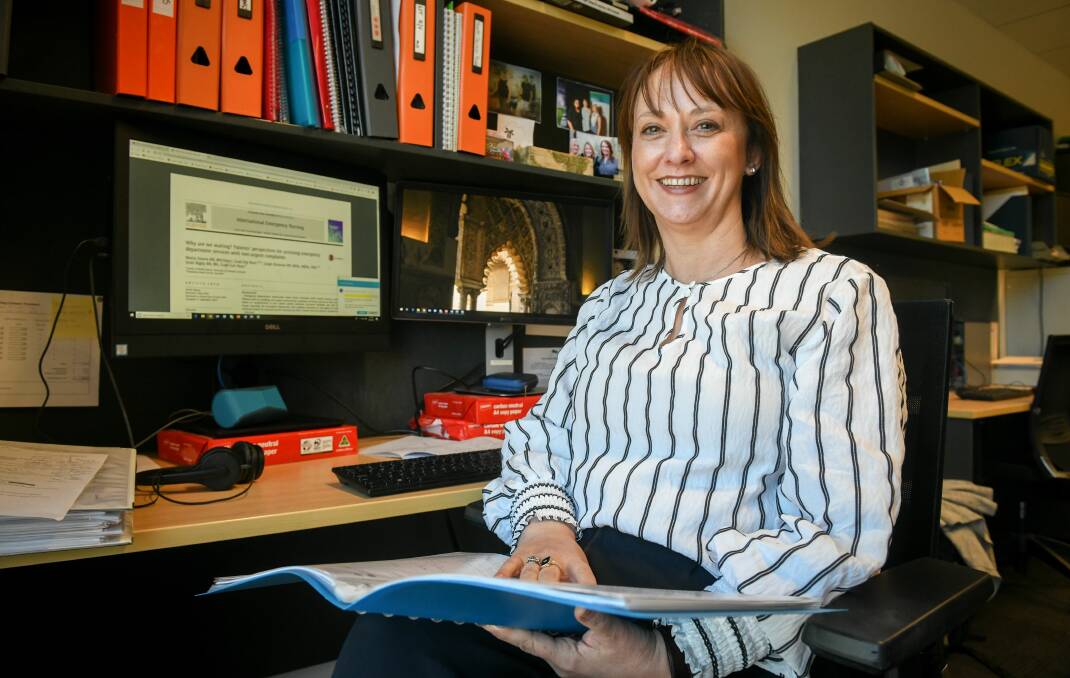
The recommendations from a research project exploring who, when and why people access Launceston ED services with non-urgent conditions has been handed to key stakeholders.
Subscribe now for unlimited access.
$0/
(min cost $0)
or signup to continue reading
The work of PhD student and Launceston General Hospital nurse Maria Unwin, the research found an over-represented number of people presenting at the Launceston General Hospital live in the northern suburbs.
Ms Unwin finalised the project last week, a day after presenting her findings at a health symposium held as part of anticipatory care project Our Community, Our Care.
In other news:
"There is obviously a huge amount happening in the northern suburbs and quite a lot of awareness about a lot of the issues facing the populations there," she said.
"The realisation that has come from this research is reaffirming the strong correlation in socio-economic index by suburb and ED presentations.
"It's led me to look at what services are available in those areas. I always presumed healthcare was equitable in our state and country. Sadly I am realising it's not."
Ms Unwin has presented her findings to stakeholders from the Tasmanian Health Service, primary health, UTAS and consumer representatives.


